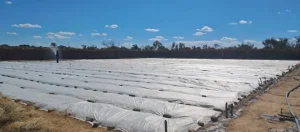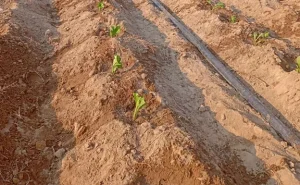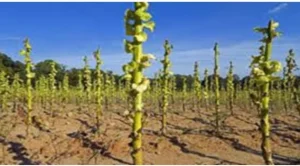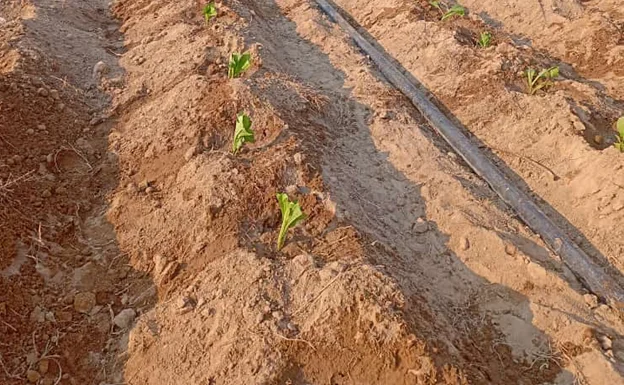Tobacco production plays a significant role in Zimbabwe’s economy, contributing substantially to its foreign currency earnings as a primary export crop. However, the susceptibility of tobacco to various pests and diseases affects its quality and yield. Recognizing this, the Plant Pests and Diseases Act [Chapter 19:08] incorporates specific provisions addressing tobacco production, to combat and curb the spread of plant pests and diseases throughout Zimbabwe. The legislation outlines four pivotal dates pertinent to tobacco production, which all cultivators must observe.
Shasha Tobacco (Pvt) Ltd, a legally compliant tobacco merchant and contracting entity in Zimbabwe, operates with full awareness of the country’s tobacco regulations. Thus, the organization is committed to ensuring complete compliance among its partners and stakeholders, particularly contracted farmers. Adherence to the prescribed legal dates for tobacco production, as prescribed in the Plant Pests and Diseases Act [Chapter 19:08], is mandatory for all contracted farmers associated with Shasha Tobacco. The company diligently upholds these crucial dates, exemplifying its dedication to regulatory adherence and operational excellence.
01 June
Every year is the first day tobacco seeds can be sown in seedbeds. Sowing tobacco seeds before this date is not permissible according to the Plant Pests and Diseases Act [Chapter 19:08].

01 September
On the 1st of September each year, tobacco seedlings can be transplanted in the field. According to the Plant Pests and Diseases Act [Chapter 19:08], transplanting tobacco seedlings before this date is not permissible by law.

31 December
The deadline for seedbed destruction is December 31st of each year. Any seedlings still in the seedbed sites should be destroyed by this date. This means that on January 1st of the following year, there should not be any tobacco seedlings remaining in the seedbed sites.
15 May
15th May each year is the deadline for destroying tobacco stalks remaining in fields after harvesting.

15th May each year is the deadline for destroying tobacco stalks remaining in fields after completion of harvesting unless the farmer has been granted permission by Plant Quarantine Services to extend the destruction date beyond this legislated date. The specified legislative dates are crucial for controlling pest and disease infestations, particularly in preventing the transmission of viral diseases by pests like aphids, which can severely impact tobacco crops by spreading diseases such as Tobacco Mosaic Virus (TMV), Cucumber Mosaic Virus (CMV), and Potato Virus Y. The period between the final day of stalk destruction (May 15) and the initial day of sowing (June 1) marks a tobacco-free period. During this time, no tobacco plants should remain in the field, effectively reducing the population of insect vectors responsible for transmitting viral diseases. Furthermore, eradicating seedling remnants and seedbed sites is essential for pest and disease control, as it helps minimise the transfer of pests and diseases from the seedbed sites to the field.
Shasha Tobacco, through its team of agronomists, is well-represented by field officers working across diverse tobacco cultivation regions. These officers regularly facilitate farmer training and group discussions to underscore the significance of adhering to tobacco legislative dates. The company’s agronomy team takes responsibility for educating farmers about the benefits and importance of complying with these dates to manage pests and diseases effectively. Additionally, the team informs farmers of the repercussions associated with non-compliance, including potential legal prosecution, fines, or suspension from tobacco cultivation for a determined period.

